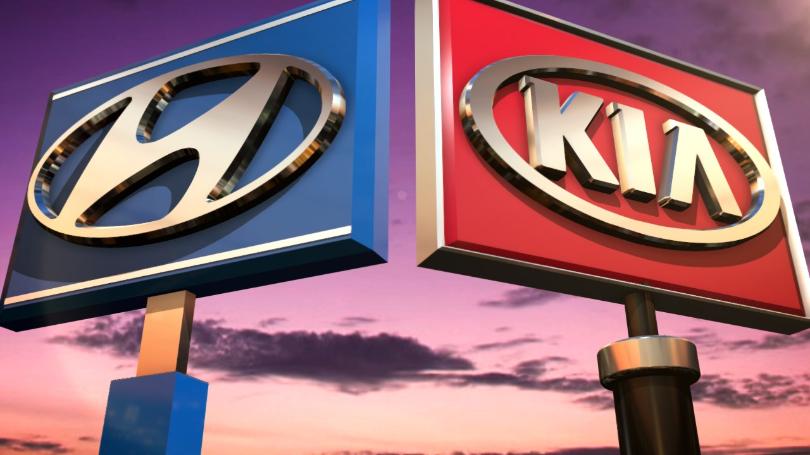Korean auto giants Hyundai and Kia have invested over $110 million in Arrival, making the electric vehicle company one of Britain’s most valuable startups. The €100 million ($112 million) infusion values Arrival at €3 billion ($3.4 billion), a company spokesperson said, and will help jump-start collaboration between the three automakers. It’s a big boost for Arrival, a five-year-old company that has about 800 employees across five countries, including Germany, the United States and Russia. It’s based in London.Arrival wants to make electric vehicles that cost about the same as traditional models powered by fossil fuels. Its innovation lies in its design and manufacturing processes.Once designed, the company’s engineers send their plans to “microfactories” for manufacturing. Arrival has two production sites in the United Kingdom and plans to launch its first vehicle later this year.It has said it eventually wants to expand to the United States, Asia and elsewhere in Europe. The company is also utilizing a modular “skateboard” platform which allow a range of models to be built on one system. Volkswagen (VLKAF), the world’s largest carmaker, has invested big in a similar production platform.
Prototypes of one Arrival vehicle, a boxy delivery van, are already running trials with delivery providers such as DHL, UPS and Royal Mail.The investment from Hyundai and its Kia subsidiary vaults Arrival into the top ranks of British startups. According to the latest research from CB insights, only five other UK startups are worth more than $3 billion.”This investment is part of an open innovation strategy pursued by Hyundai and Kia,” Youngcho Chi, Hyundai’s president and chief innovation officer, said in a statement Thursday.
The world’s top automakers have in recent years committed huge sums to develop electric vehicles, a transformation needed to meet tough new emissions standards in China and Europe.Volkswagen plans to roll out more than 60 new electrified models over the next decade. Toyota has outlined a goal to have electric vehicles account for roughly half its sales by 2025. Hyundai, meanwhile, announced a $35 billion commitment last year to develop self-driving technology and electric vehicles. As part of that pledge, the firm wants to release 23 types of electric vehicles by 2025. The company has also branched out into other, innovative fields. Last week, it unveiled a flying taxi concept with Uber at the CES tech conference in Las Vegas.
UK tech scene
The investment is the latest deal to drive momentum in the British tech sector, which has been enjoying a recent funding boom. Last year, investments in UK tech companies rose to £10.1 billion ($13.2 billion), “the highest level in UK history,” according to data released by entrepreneurship group Tech Nation.













![Hotstar Premium Cookies 2019 [*100% Working & Daily Updated*] Hotstar Premium Cookies 2019 [*100% Working & Daily Updated*]](https://tahav.com/wp-content/uploads/2019/11/Hotstar-Premium-Cookies-Free-100x70.jpg)



